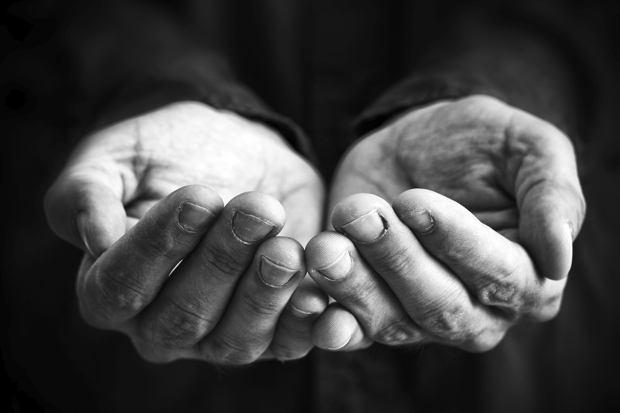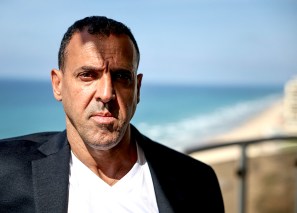Global capitalism has eradicated poverty and generated prosperity in the developing world at an unprecedented rate. You might imagine that a global anti-poverty charity, such as ‘Oxfam’, would celebrate this fact. But no – today Oxfam is making the headlines instead because it is worried about global wealth inequality. In particular, that ‘the wealthiest 1 per cent will soon own more than the rest of the world population combined’.
Oxfam has been pushing this sort of meme for a while. Last year, it made the startling claim that ‘the world’s 85 richest people own the same wealth as the bottom 3.5 billion combined’. It was shown at the time, not least by Reuter’s Felix Salmon, that this statistic was bogus. And there’s nothing new to see today, just a slight re-hashing of this factoid.
Oxfam’s claim that the richest 1 per cent own 48 per cent of the world’s wealth (and will soon own more than half) rests on Credit Suisse data. This data is on net wealth, which throws up all sorts of weird findings when you try to add it up across large populations. That’s because net wealth is calculated by adding up the value of assets and taking off debts.
To see this, look at the figure below from the Credit Suisse report. If we were to split up the data into deciles, this methodology would suggest China has no people in the bottom 10 per cent – the world’s poorest – with most Chinese in the top 50 per cent. North America on the other hand supposedly has around 8 per cent of the world’s poorest population – because significant numbers of people in the States are loaded up with debts of various kind, making their net wealth negative!

According to this methodology, the poorest 2 billion people in the world have a negative net wealth. Someone who has 50p but no assets or debts would be above the bottom 30 per cent of the world’s population. It doesn’t take an advanced mathematician to work out that adding up lots of negatives at the bottom to an overall wealth share figure for the bottom 99 per cent will of course make the figure much smaller than a gross wealth figure. Oxfam has then taken this bogus figure, looked at recent trends (which show the share of the top 1 per cent rising) and simply extrapolated into the future to get their headline (which seems a huge assumption given the potential QE unwinding).
Aggregating net wealth figures is largely meaningless and not the way most people think about poverty, or indeed the ‘rich’. That Oxfam has been able to claim front pages with a nonsensical ‘report’ throws up all sorts of worrying questions about journalistic standards. But the more perturbing fact is that Oxfam’s latest meme will now be repeated ad nauseam by those who won’t examine the basis of the claim.
Ryan Bourne is Head of Public Policy at the Institute of Economic Affairs






Comments